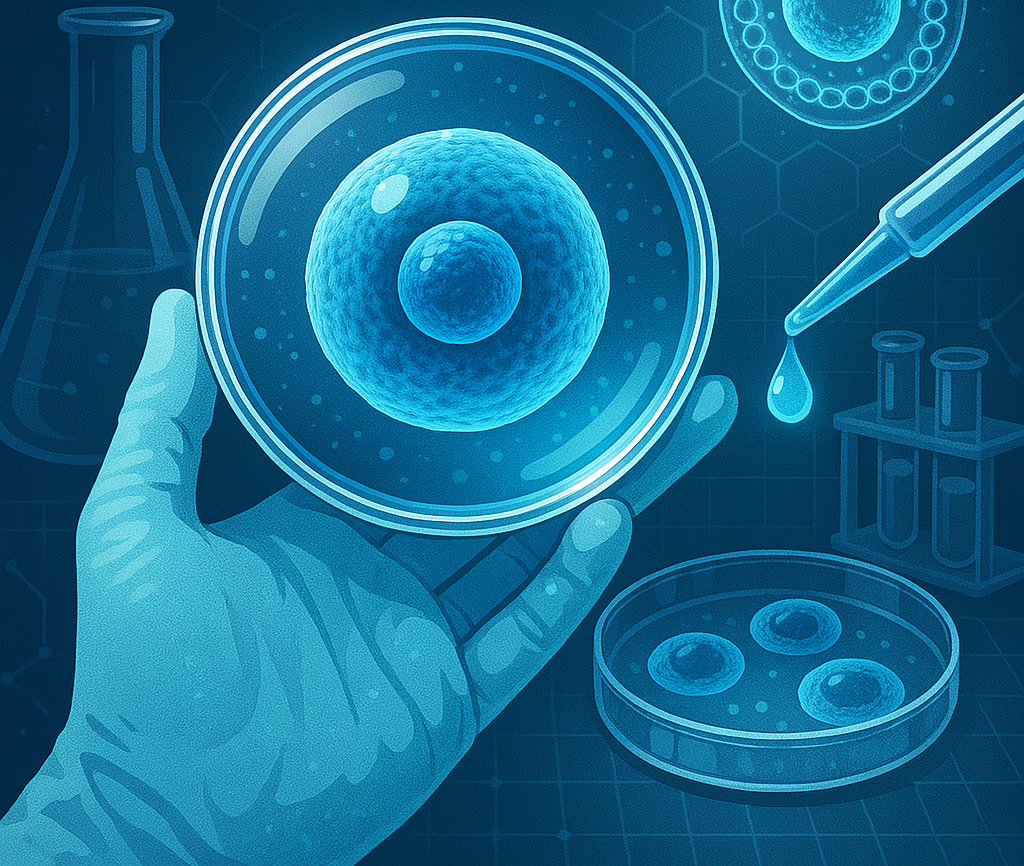
In a parallel world, BioMedic, a leading pharmaceutical giant, today unveiled a revolutionary bio-printing technology capable of producing fully functional, personalized human tissue and organs, dubbed “Genesis,” sparking excitement within the medical community while simultaneously raising significant ethical concerns. The announcement, made during a highly anticipated press conference, represents a potential paradigm shift in treating disease and injury, but also demands a serious conversation about accessibility, potential misuse, and the very definition of what it means to be human.
For years, scientists have been exploring the possibilities of 3D bioprinting, but BioMedic’s Genesis system boasts unprecedented precision and speed. Utilizing a proprietary “bio-ink” composed of patient-specific stem cells and a scaffolding material, the system can create complex tissues and even rudimentary organs within a matter of days – a process previously estimated to take months or years.
“This isn’t just about creating skin grafts,” explained Dr. Maya Pouch, BioMedic’s Chief Scientific Officer. “Genesis allows us to tailor-make organs for patients, addressing the chronic organ shortage and dramatically reducing the need for donor matches. We’ve successfully printed functional liver tissue, heart valves, and even early prototypes of kidney components.”
During the demonstration, a team showcased a miniature, fully functional heart valve printed to the exact specifications of a patient with congenital heart defects. The heart valve was implanted in a laboratory animal, demonstrating successful integration and function.
The potential applications are vast, ranging from treating burns and traumatic injuries to tackling debilitating diseases like Parkinson’s and Alzheimer’s by generating replacement neural tissue. BioMedic claims its technology could eventually eliminate the need for organ donors altogether.
Ethical Quandaries Emerge
However, the announcement hasn’t been met with universal acclaim. Critics argue that the technology raises a host of complex ethical dilemmas.
“While the medical potential is undeniable, we need to proceed with extreme caution,” stated Dr. Mark Reed, a bioethicist at Harvard University. “The ability to essentially ‘manufacture’ human tissue raises questions about identity, the value of natural organs, and, crucially, accessibility. If this technology is only available to the wealthy, we risk creating a two-tiered healthcare system based on biological privilege.”
Concerns are also being raised about the potential for misuse, including the creation of “designer organs” for cosmetic purposes or, more disturbingly, the possibility of generating entirely new human organs for nefarious purposes.
BioMedic acknowledged these concerns, announcing the formation of an independent ethics board comprised of medical professionals, legal scholars, and philosophers. “We are committed to responsible development and deployment of Genesis,” assured CEO Alex Crosby. “We understand the gravity of our technology and are dedicated to ensuring it benefits humanity as a whole.”
Next Steps & Timeline
BioMedic anticipates conducting clinical trials on humans within the next three to five years, initially focusing on applications for severe burns and skin grafts. The company is currently seeking regulatory approval from the FDA.
The unveiling of Genesis marks a monumental moment in medical history, but it’s a moment accompanied by a critical call to action. As the technology continues to develop, a global conversation is needed to navigate the profound ethical implications and ensure this quantum leap in bio-printing truly serves the best interests of all humankind.